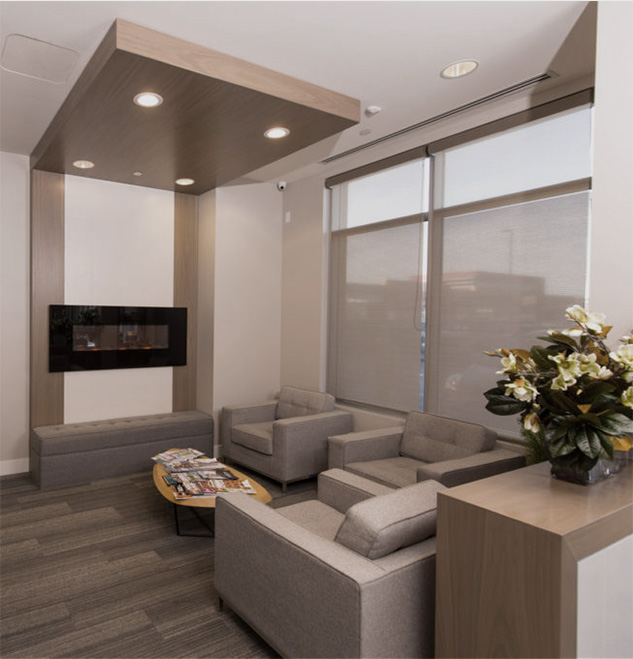Root canals have a bad reputation for being painful, but most people these days wouldn’t even list them as their most painful procedure, thanks to modern dental techniques. Still, it’s not something to look forward to. Thankfully, there are steps you can take in your daily life to avoid needing a root canal.
A good oral hygiene routine is the best way to avoid a root canal. This means flossing, brushing twice daily, and getting a regular dental cleaning. But there’s even more you can do to protect your teeth since other dental emergencies, such as tooth fractures, also might require root canals.
What are Root Canals?
A root canal is an invasive dental procedure also known as endodontic treatment. It involves removing infected, injured, or dead tissue from inside your tooth. This tissue is called tooth pulp, and it lives within the two outermost layers of your teeth, the enamel and the dentin.
This soft, almost jelly-like core contains blood vessels, nerves, and specialized cells that create dentin and nourish your tooth. It’s a vital part of your teeth but can become infected when bacteria gets through. When this happens, a dentist will need to remove the pulp and replace it with a rubber-like material called gutta-percha.
What are the Steps of a Root Canal?
- Your dentist “freezes” your tooth and gum using local anesthetic.
- A rubber dam is placed around the tooth to prevent any bacteria from your saliva sneaking in.
- Your dentist opens the tooth to access the damaged pulp better.
- Your dentist carefully removes the damaged pulp using very fine dental instruments.
- With the canal cleaned, your dentist can fill and seal it.
- Your dentist ends by sealing the tooth with a temporary or permanent filling.
This procedure typically takes 1–2 appointments, depending on how severe the damage is. It usually leaves the gums tender for a couple of weeks but shouldn’t swell or hurt a lot.
Tips for Avoiding Root Canals
Consider following a few of these tips to reduce your chances of needing a root canal in the near future:
Brush and Floss Regularly
Many root canals happen because of cavities. This is because, over time, the food we eat and the bacteria naturally in our mouths mix to form a mild acid. This acid can eat away at our teeth, leaving small holes in our enamel.
Brushing twice a day and flossing once a day can help prevent cavities, as well as gum disease and gingivitis.
Use Fluoride Toothpaste
While we’re talking about brushing our teeth, fluoride is an important part of dental care. It’s a natural mineral that can help strengthen our tooth enamel, making it more resistant to decay. Fluoride is often in our drinking water, but you can also find it in certain kinds of toothpaste and mouthwashes.
Avoid Sugary and Acidic Foods
Foods high in sugar or acid can erode your tooth enamel and lead to cavities. Try healthier options and rinse your mouth after eating sugary foods.
Don’t Leave Cavities Untreated
If you do end up developing a cavity, don’t ignore it. Your dentist can repair cavities with fillings, hopefully preventing them from spreading deeper and causing more damage to your teeth.
Protect Your Teeth From Damage
If your teeth crack, it can let bacteria into your pulp, causing inflammation and infections. Make sure you wear a mouthguard while playing sports or if you aggressively grind your teeth at night.
You should also avoid hard or sticky foods, especially if you already have teeth weakened by previous cavities or dental procedures.
Signs You Need a Root Canal
The outer layers of the tooth generally protect the tooth pulp. However, if something happens to these outer layers, the pulp may be left vulnerable to germs. There are a few ways this could happen, including:
- Deep cavities that have reached the pulp
- Cracked or broken teeth
- Trauma to the tooth (even if it doesn’t crack the tooth)
- Multiple procedures on the same tooth
Some signs you may notice if you need a root canal are:
- Pain in the tooth, especially when chewing or biting
- Your tooth is visibly chipped or broken
- Lingering sensitivity to hot or cold foods
- Swollen gums
- Your gums are darkening (signs of deep decay)
- Bad breath
Benefits of a Root Canal
Root canals may not be the most fun procedure, but they can significantly benefit your oral health. Here are some benefits of getting a root canal:
- Pain Relief: Root canals may relieve the pain and discomfort caused by damaged pulp.
- Tooth Preservation: Root canals may be required to save a tooth that would otherwise need to be extracted.
- Improved Oral Health: By removing the infected pulp, a root canal may prevent the spread of infection to surrounding teeth and gums.
Restore Your Smile in Calgary
While root canals are not as painful as they once were, it is still best to avoid them if you can. West 85th Dental can help you keep root canals as a last resort with regular cleanings and care.
Book a cleaning with us and keep your smile bright.









